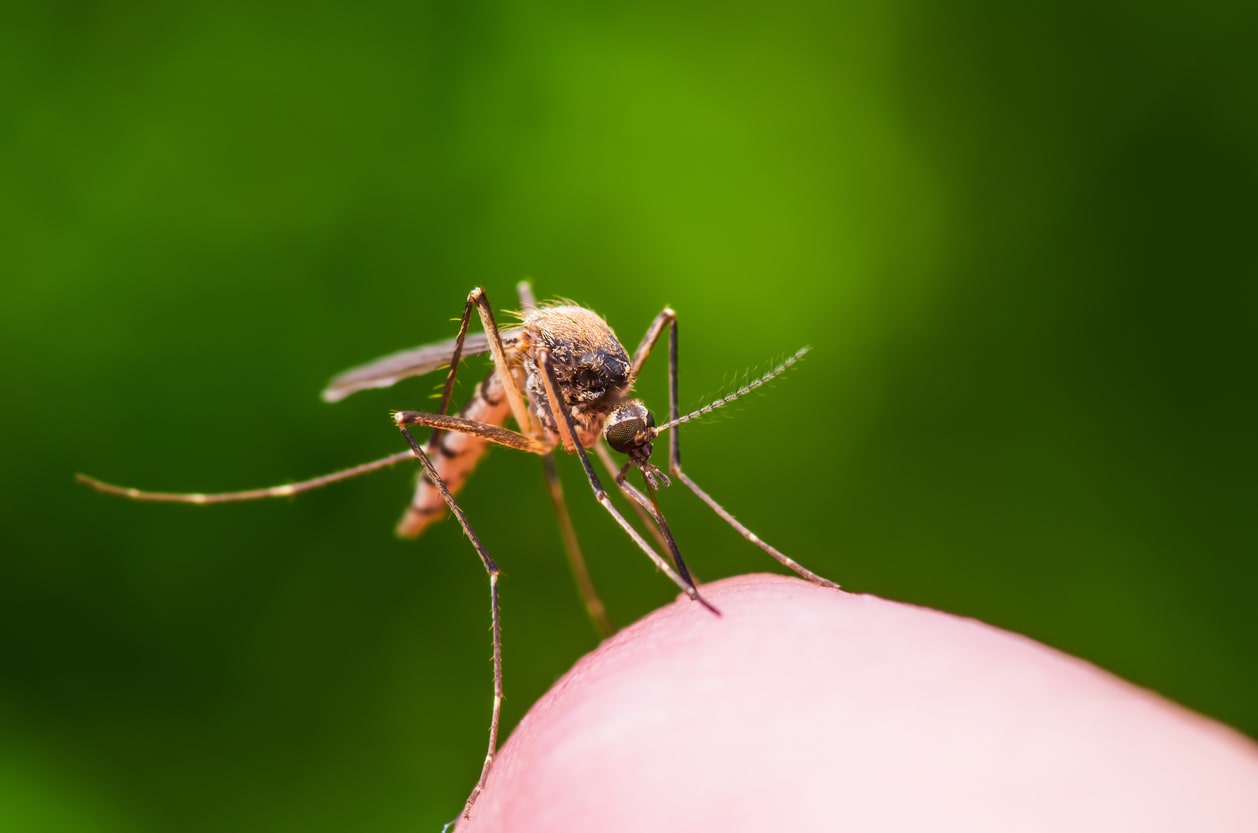How Plant-Based Ingredients Can Repel Bugs & Insects

Your Path to Plant-Based Bug Protection: Key Insights
-
Plant-based ingredients like citronella, peppermint, and cedarwood may interfere with insect detection, reducing bites.
-
Botanical bug repellents offer a skin-friendly and plant-based alternative to synthetic products.
-
Compounds such as geraniol and citronella are proven to deter mosquitoes and ticks effectively.
-
Formulas using clove oil can enhance how long repellent ingredients stay active on the skin.
-
These alternatives provide peace of mind for those seeking effective protection without the typical commercial chemicals.
How Plant-Based Ingredients Can Repel Bugs
When it comes to keeping insects at bay, many people immediately think of DEET—a synthetic chemical long considered the gold standard in bug repellents. But growing interest in skin-friendly, environmentally conscious alternatives has led to the rise of plant-based insect protection. These botanical solutions harness the natural defense mechanisms of certain essential oils and extracts, offering an effective way to repel bugs for those who prefer plant-based ingredients. Let's explore how these ingredients work and why they’re gaining popularity as a reliable alternative to conventional bug sprays.
The Science Behind Botanical Bug Repellents
Plants have spent millions of years evolving defenses against pests. Many produce oils that emit strong scents or compounds specifically to deter insects. When extracted and applied to the skin, these botanical ingredients may act as a kind of aromatic armor—confusing or repelling bugs by masking the human cues they use to locate us.
Insects like mosquitoes and ticks rely on their sense of smell to hone in on their targets. Human scents such as carbon dioxide and lactic acid serve as invitations. Botanical repellents may interfere with this detection process, making it harder for insects to find and bite you.
Key Plant-Based Ingredients and How They Work
Citronella Oil
Derived from lemongrass, citronella is known for its crisp, lemony aroma. This oil works by potentially concealing human scent and disrupting insect navigation, making it difficult for mosquitoes to zero in. While its effectiveness typically requires more frequent reapplication compared to DEET, it offers a strong first line of defense.
Lemongrass Oil
Sharing many of the same active compounds as citronella, lemongrass oil—rich in geraniol and citronella—may repel mosquitoes with a similar scent profile. It’s commonly blended with other plant-based ingredients to boost repellent power.
Cedarwood Oil
Cedarwood is often used to ward off moths, but it’s also effective against mosquitoes and ticks. Its earthy, woodsy aroma interferes with insect pheromone detection and helps deter them from landing on the skin.
Peppermint Oil
More than just refreshing, peppermint oil overwhelms insect sensory receptors. The high concentration of menthol creates an environment that bugs find intolerable, encouraging them to avoid the treated area altogether.
Geranium Oil
Geranium oil is a strong source of geraniol, a compound that has been shown to repel ticks and mosquitoes. It adds a floral, slightly sweet note to formulations and is particularly effective in layered blends.
Clove Oil
Clove oil is a potent botanical known for its strong, spicy aroma and high eugenol content. This compound not only repels mosquitoes and other biting insects but can also offer mild antiseptic properties. In bug repellent formulations, clove oil enhances the overall efficacy of the blend and can help extend protection by adding a longer-lasting aromatic barrier. Its distinctive scent and functional strength make it a valuable addition to plant-based alternatives.
Why Choose a Plant-Based Alternative?
Many people seek out alternatives to synthetic insect repellents due to concerns about skin sensitivity, environmental impact, or simple preference for botanical formulations. Plant-based repellents provide a solution that feels cleaner and gentler, often with more pleasant scents and easier reapplication. They’re also biodegradable and support a more sustainable approach to personal care, aligning with values of eco-conscious living.
From Garden to Guard: Embracing Botanical Insect Repellents
If you’re looking to protect your skin without relying on synthetic chemicals, plant-based bug sprays offer a compelling choice.
Before applying any new product to your skin, especially those with essential oils or botanical ingredients, it's always wise to consult a healthcare provider—particularly if you have sensitivities or underlying conditions.
Quantum Health offers a variety of mosquito and tick repellent solutions designed to help you stay protected while relying on plant-based ingredients.
Explore our full selection here: Quantum Health Bite Repellents & Care.
Share
Your share can inspire countless others.



















































